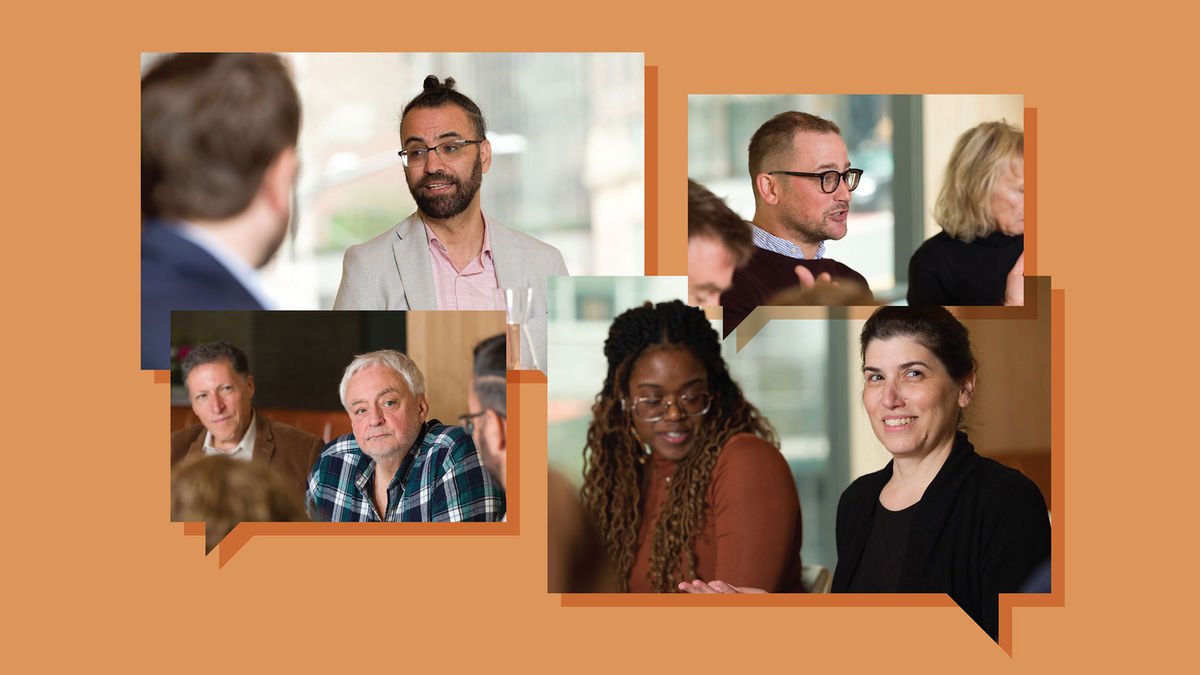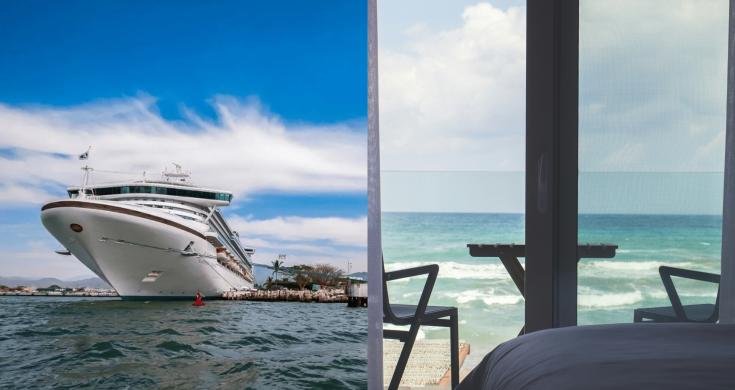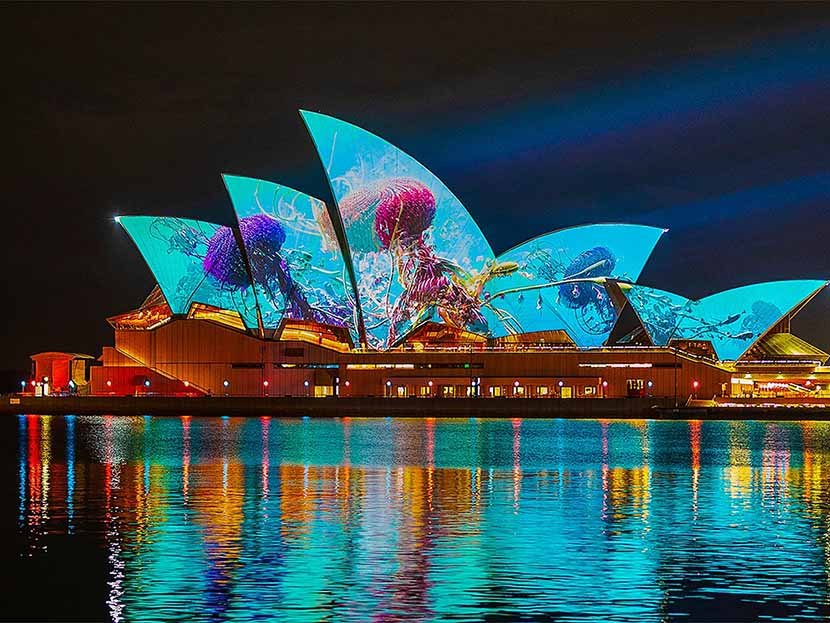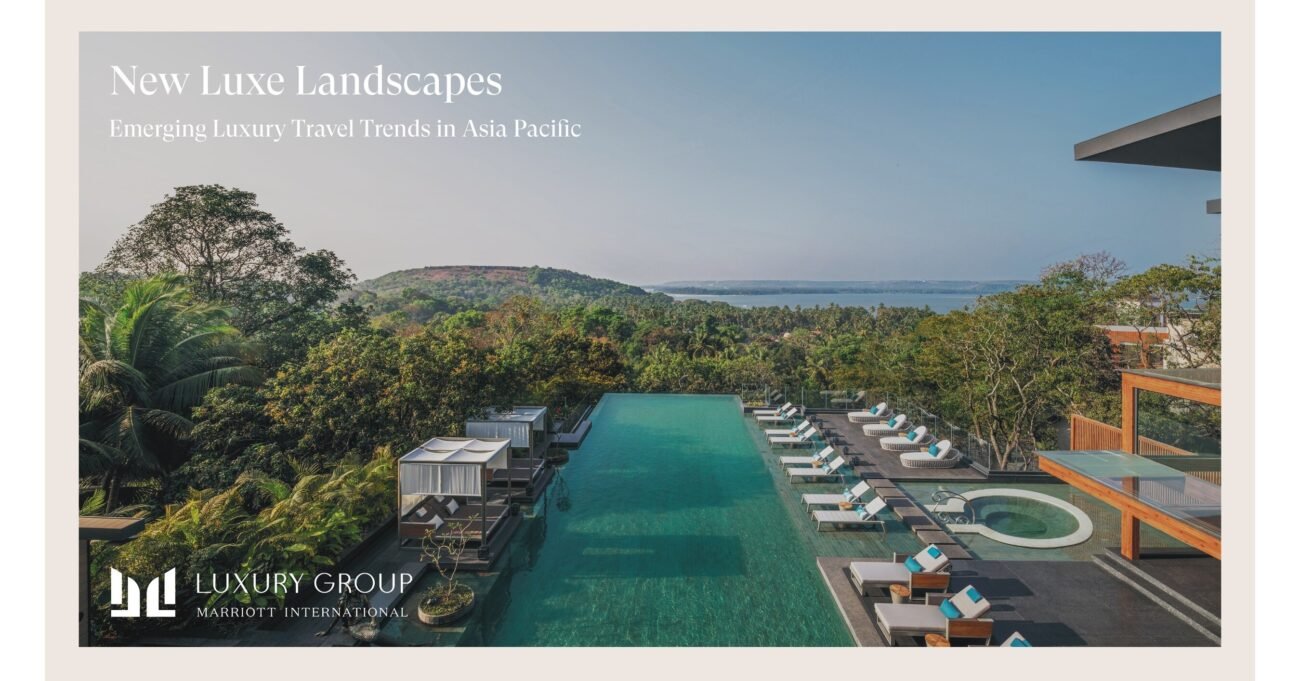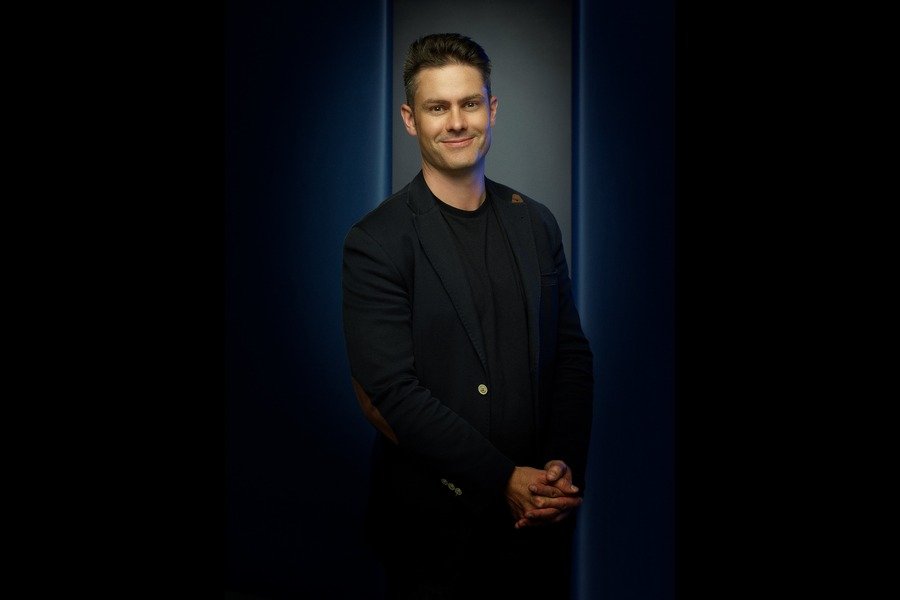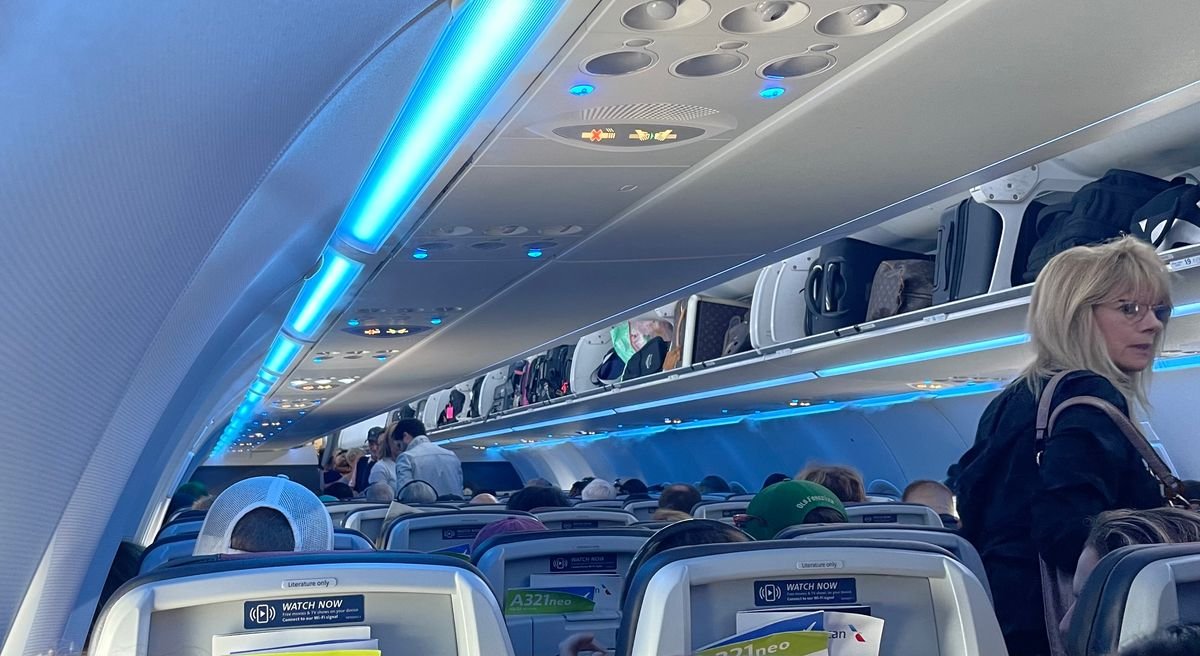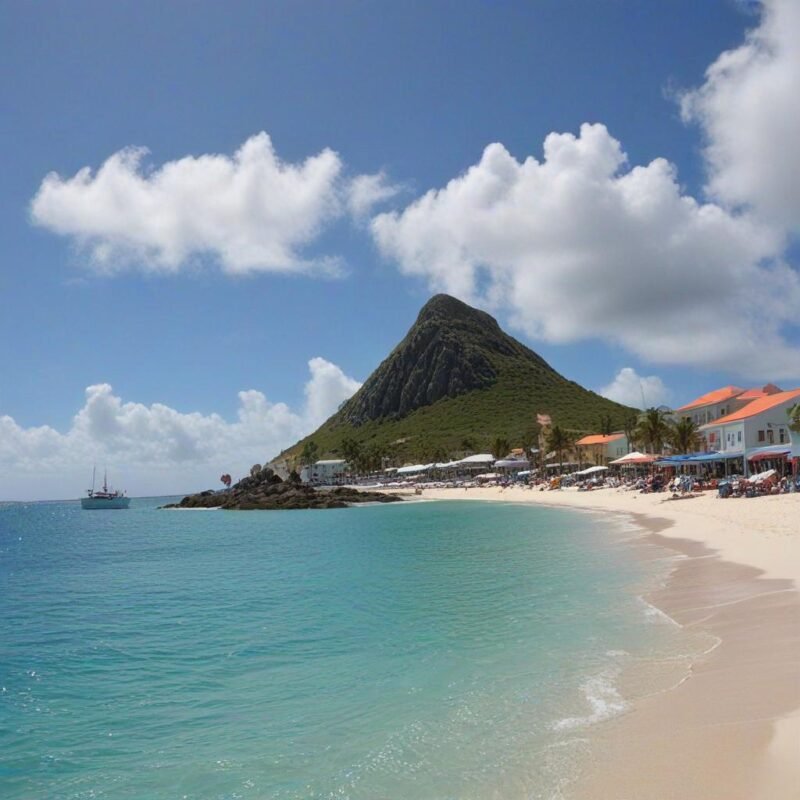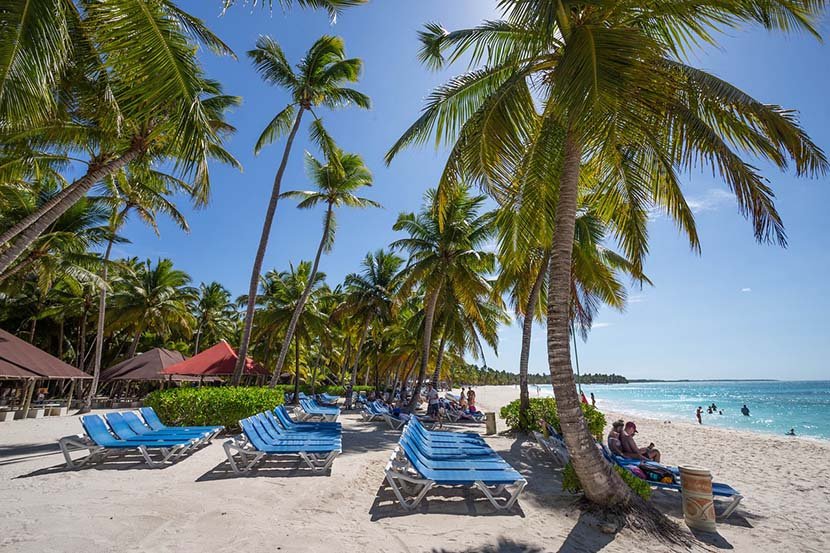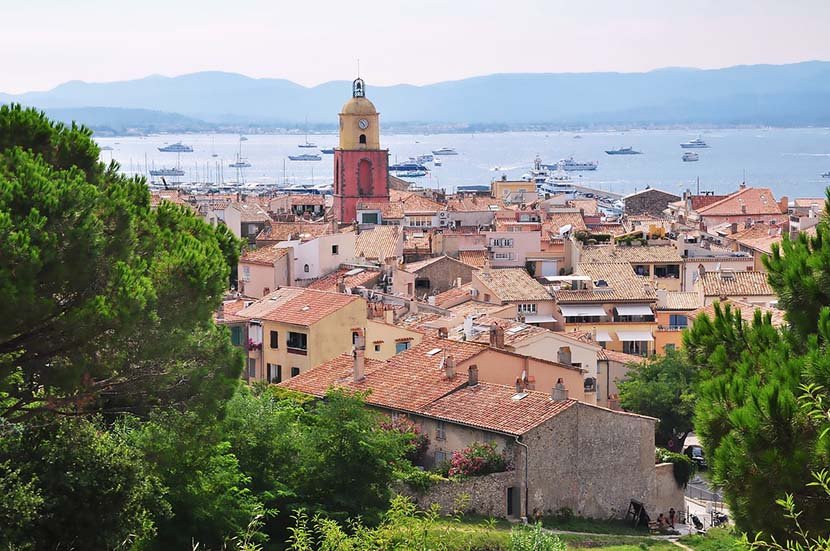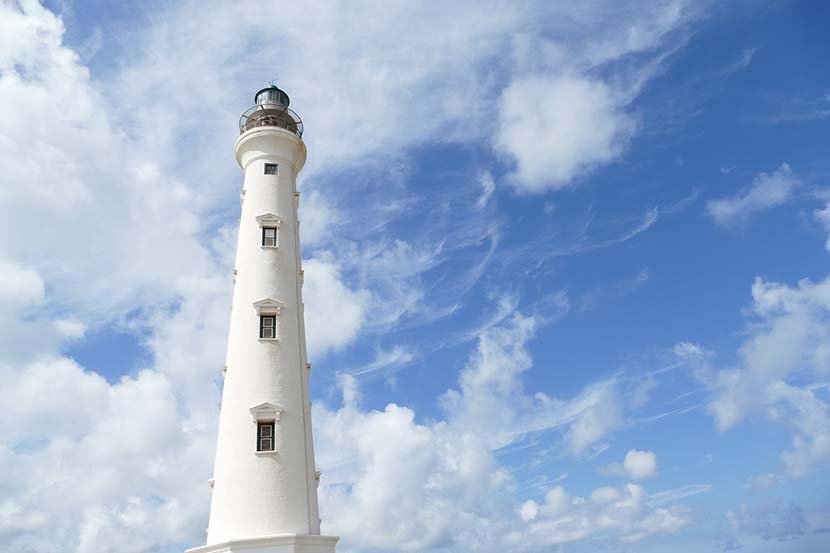Klara Glowczewska, executive travel editor, Town & Country: I loved sort of swanning around on a recent cruise. I was in this cocoon, and I could go out in my bathrobe in the hallway and go to the spa. I knew that there’d be endless choices for my meals, and that I could listen to the expedition leader talk about what we all did today and what we’re doing tomorrow, depending on the weather — which is going to be dramatic, or not dramatic — as you’re sipping your martini. You know, it’s all great. It’s fun in a way that I hadn’t expected.
Ashlock: I’m not really a big fan of traveling in a bubble and have often said that if you like traveling in a bubble, you’re doing it wrong. However, with the world being the way it is today, sometimes you want a bubble.
Abu Sarah: We ran a trip for National Geographic in the United Arab Emirates. The first few days were heavy — we did a lot of the reconciliation practices we talked about, and then we went to Al Maha, in Dubai, a desert resort. It’s an all-inclusive, very expensive, and you spend two or three days there and give people time to relax, get up and have breakfast in front of their pool. And then, get a massage and go on a camel ride where you’ll have wine waiting for you in the middle of the dunes. There is a way to mix these things together, a mix of education, relaxation and fun.
Ashlock: When talking about all-inclusives, it’s much like cruises; they can be so different, so disparate, and we need different words for the different experiences.
Ellwood: That would help us hear the term “all-inclusive” with a more open mind.
And you’d need three or four different words for the different kinds of experiences in the cruise industry. It reminds me of when Explora came out and said, “We’re not a cruise ship.” And they used some weird word salad to try and describe themselves.
Weissmann: And to your point, their name, Explora Journeys, doesn’t end in “cruises” or “cruise line.”
Abu Sarah: We’re talking with a cruise line about an all-inclusive trip — all you can eat and drink, all excursions included — and we would provide 100% of the content, all the guides, all the experts. It would be co-branded between us and the cruise line.
Weissmann: How did they find you?
Abu Sarah: I had known people there for years — we had worked together when they were at different companies, so they knew our product. I think it’s amazing that even all-inclusive experiences are figuring out you can have this luxury and a bit of a bubble around you but still do things differently.
Starlight Williams, travel editor, National Geographic:
Especially since the pandemic, all-inclusives have become attractive. We were fatigued — we didn’t want to have to think about what to do. You could have everything bundled together. At an all-inclusive, I could have a Spanish class, I could make tacos down the street with someone’s grandmother, and it was all part of the program — I didn’t have to pay anything extra.
And I’m in my robe, in my safe bubble.
Ellwood: You are so right — it’s decision fatigue. When I’m on vacation, take away my need to think about anything, because I’m exhausted.
Williams: Americans don’t vacation correctly. We’re still working while on vacations, making all these decisions. But with all-inclusives, everything’s paid for, so have fun. It makes sense that luxury is going to that direction.
Amy Virshup, travel editor, New York Times: I don’t travel in the bubble quite as much. It would be lovely, I’m sure, but I think it would feel claustrophobic. And I think getting out of the bubble is one of the reasons I do travel: to experience other places, not to experience a hotel.
Glowczewska: I totally agree. I was not being a proponent of travel in a bubble. I’m just saying it’s got its place. And I like to do it the other way, absolutely.
Williams: It’s the difference between a vacationer and a traveler. When I’m on vacation, keep me in my bubble. But I am concerned that things are going in two directions: They’re more luxurious, and yet people have less money than they used to. What do you do with people who have no money to travel?
Virshup: I’m astounded that the luxury market, in general, just seems to be on rocket fuel. I was at an event in a luxury hotel yesterday, talking about how many luxury hotels have opened, or are opening, in London. How many people are there with that kind of money? It just seems to be that, if artificial intelligence is growing exponentially, the super wealthy are as well.
Ellwood: But I don’t think that that’s the challenge. If you had talked to travel agents last summer, if you had talked to hoteliers, they would have said, gleefully, there is no ceiling [on rate]. But every travel agent I talk to this summer, in the peak destinations — Cote D’Azur, Italy, all of the premium places — they’re really, really soft. And they don’t want to admit it. But they have hit the inflection point on their rates. If you want a room at a five-star hotel in Capri this summer: 2,500 euros [per night].
And, actually, there aren’t that many rich people.
Billie Cohen, executive editor, Afar: I think the bubble is shifting. We say the words all-inclusive and we think about where we went as a kid with our parents, but we’re seeing these very beautiful all-inclusives: Shinta Mani Mustang [in Nepal], Southern Ocean Lodge [Australia], Fogo Island Inn [Canada]. They are technically all-inclusives, but they’re making an effort to be connected to their communities and share that connection with guests. Yeah, it’s in a bubble, but it’s a different kind of bubble. There are quite a few hotels trying to figure out how to do that.
It’s a really exciting time in the hotel world right now. Yes, there are a lot of luxury hotels, but they’re thinking differently about things like design, service and community connections. We just did our “best hotels” list and those were criteria that we were really looking at to see who’s going above and beyond and being really thoughtful about the way that they’re presenting the hotel experience by making it an actual experience, not just a place to stay. That’s working well in some places and not in others.
Ellwood: I’m curious, was there anything that stayed with you from having just compiled the list, sort of being knee-deep in that? Was there a superb example of luxury doing something really different?
Cohen: The rethinking about offerings and community connections really stood out, as well as the number of heritage buildings that are being repurposed as hotels. For instance, the Peninsula in Istanbul was a post office that was not being used. Some of these hotels are in buildings that were simply abandoned.
Everyone wants to do something with sustainability now. It has become cool, and that’s wonderful to see. You should watch out for greenwashing, of course, but the impulse toward sustainability is impressive. The industry as a whole seems to have an interest in doing better. I don’t want to sound naive or Pollyannaish, but it’s interesting to see that trend.
Ellwood: I think it’s OK to say the travel industry is doing some good things.
Ashlock: But it’s also because travelers and guests are asking better questions. I don’t think that the hotel companies are going to be doing these things if people are …
Williams: … bullied and guilted into doing it.







